11 Signs You Need a Break From Social Media (But Don’t Want to Admit It)

Scrolling through your feed has become second nature. You reach for your phone the moment you wake up, check notifications during meals, and fall asleep with your screen glowing in the dark. Sound familiar? Social media keeps us connected, but sometimes that connection comes at a cost we’re reluctant to acknowledge.
1. Your Thumb Has Autopilot Mode
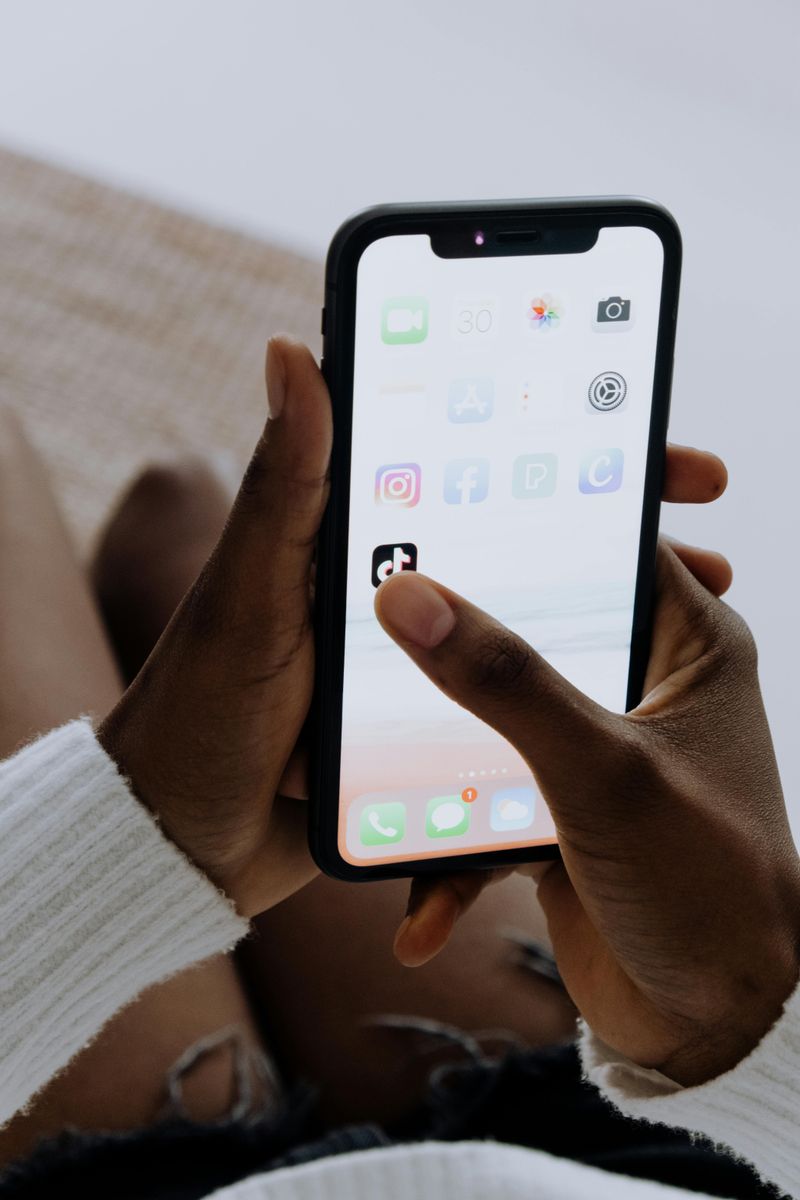
Ever unlock your phone without remembering why? Your fingers tap the same colorful app icons like clockwork, and suddenly twenty minutes have vanished into the void. This automatic behavior reveals how deeply social media has wired itself into your daily routine.
Mindless scrolling means you’re no longer in control of your actions. Your brain craves that dopamine hit from endless content, even when you have nothing specific to check. Breaking this pattern starts with noticing when you reach for your phone out of pure habit rather than genuine interest or need.
2. Everyone Else’s Life Looks Better Than Yours

Scrolling through perfectly filtered vacation photos while you’re sitting in sweatpants eating cereal hits differently. When every post makes you question your own choices, relationships, or achievements, comparison has taken over. These curated highlight reels rarely show the full picture, yet they still sting.
Your worth isn’t measured in likes, followers, or exotic destinations. Constantly measuring yourself against others’ best moments creates an impossible standard. Remember that most people share their wins, not their struggles, creating a distorted view of reality that leaves you feeling inadequate.
3. FOMO Runs Your Schedule
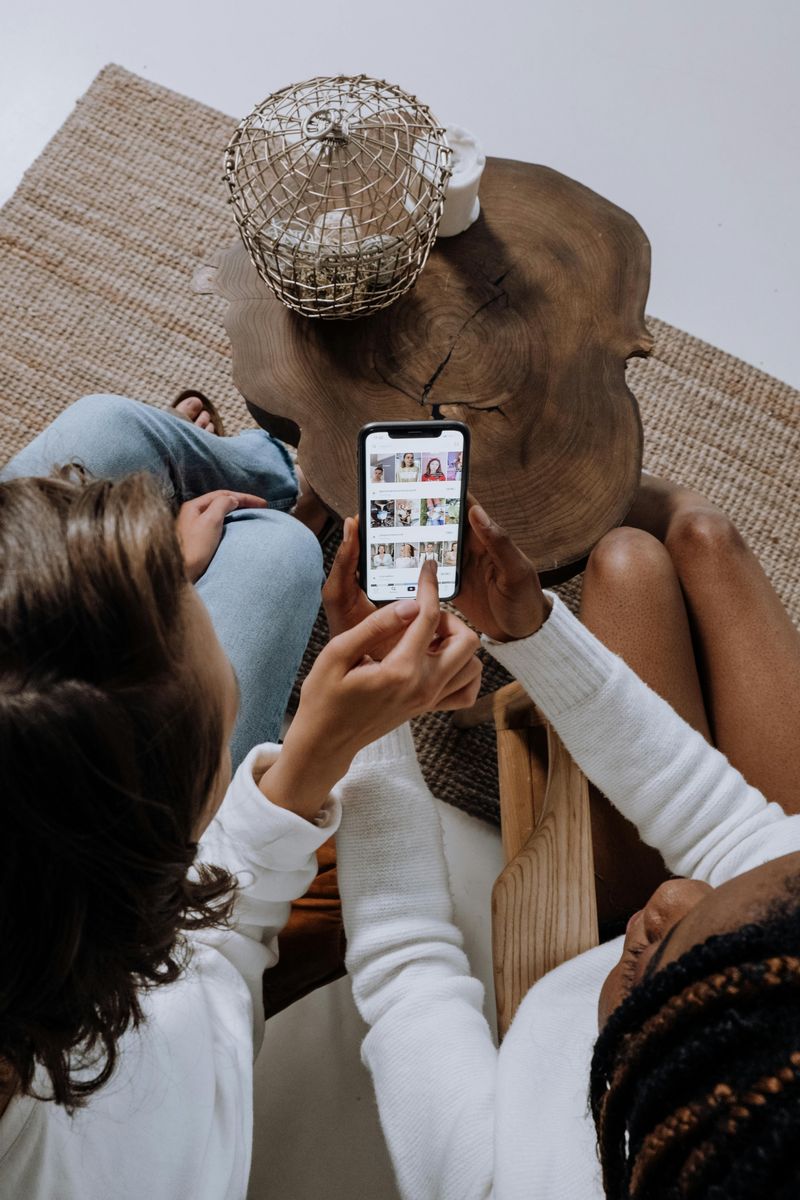
Missing one group chat feels like social suicide. You panic when notifications pile up, convinced everyone’s having fun without you. This fear of missing out keeps you glued to your screen, desperately trying to stay in the loop even when you’re exhausted.
FOMO creates a vicious cycle where you’re physically present but mentally absent. You attend events just to post about them, proving you were there. Real experiences get sacrificed for virtual validation. Taking a break helps you rediscover what you actually enjoy, not what looks good online.
4. Your Mood Swings With Your Feed
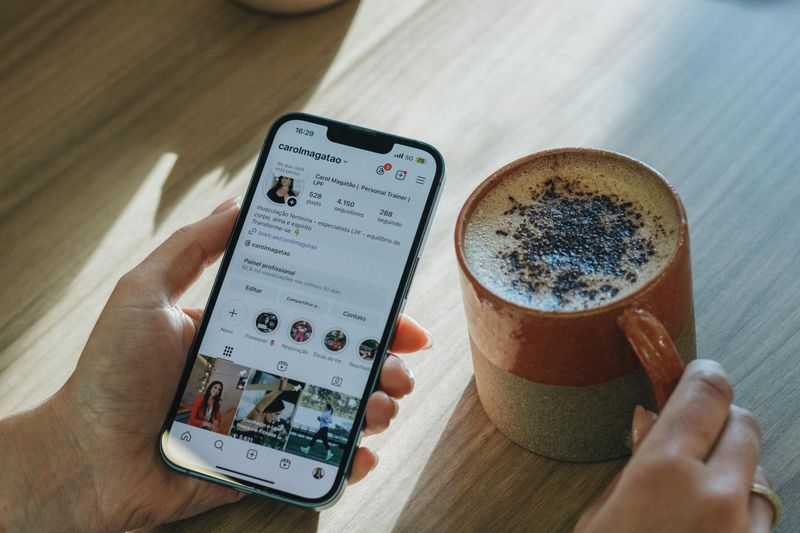
One minute you’re fine, the next you’re irritated by a stranger’s opinion about something trivial. Social media has this sneaky way of hijacking your emotions. A single comment or post can send your stress levels skyrocketing, leaving you feeling drained and on edge.
When your emotional state depends on what appears in your feed, something’s wrong. You deserve to feel stable without constant digital interference. Anxiety shouldn’t spike every time you open an app. Stepping away gives your nervous system a chance to reset and helps you regain emotional equilibrium.
5. Real Conversations Feel Like Work

Face-to-face interactions have lost their spark because you’re too busy checking your phone. You nod along to conversations while mentally composing your next post. Friends and family notice you’re there physically but checked out mentally, and those relationships suffer as a result.
Human connection requires presence, not just proximity. When you prioritize virtual interactions over real ones, loneliness creeps in despite being surrounded by people. Quality time means actually listening, making eye contact, and engaging without digital distractions. Your relationships will thank you for putting the phone down.
6. Your Sleep Schedule Is a Disaster
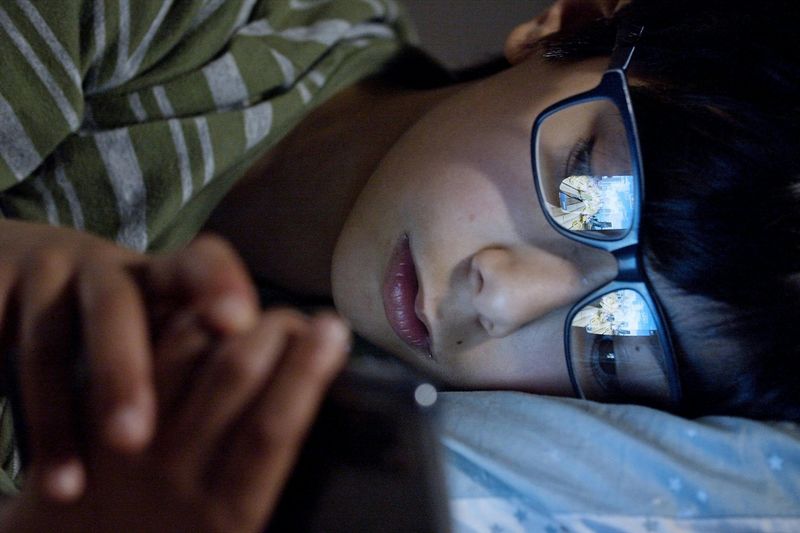
Just one more scroll turns into hours of late-night browsing. Blue light from screens tricks your brain into thinking it’s daytime, making sleep nearly impossible. You wake up exhausted, promising yourself you’ll stop the bedtime scrolling habit, then repeat the cycle the next night.
Quality sleep is non-negotiable for your health. When social media steals your rest, everything suffers—your mood, focus, and physical well-being. Setting boundaries around screen time, especially before bed, can dramatically improve how you feel. Your body needs genuine rest, not the artificial stimulation of endless content.
7. Deadlines Keep Slipping Away
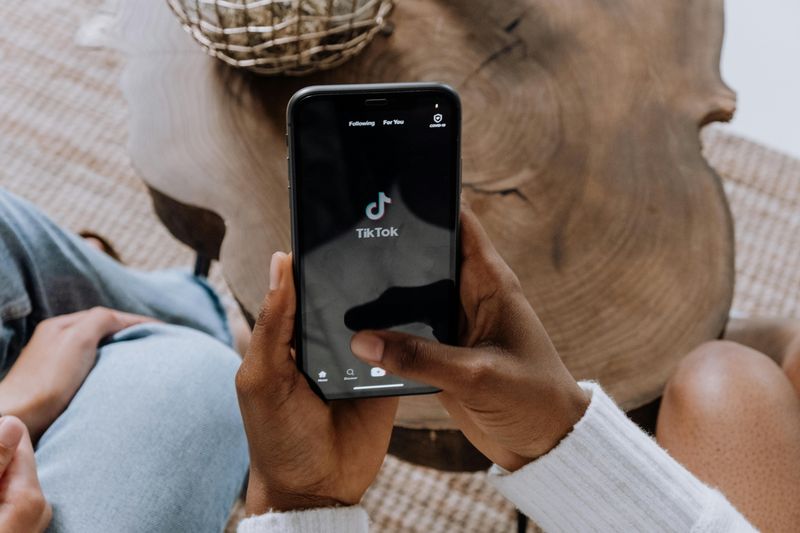
That project was due yesterday, but you got lost in a TikTok rabbit hole. Social media is the ultimate productivity killer, disguising procrastination as a harmless break. Hours disappear while important tasks pile up, creating stress that could have been avoided.
Your goals matter more than viral videos. When apps consistently interfere with your work or studies, they’ve crossed a line. Reclaiming your time means setting firm boundaries and recognizing when a quick check becomes an hours-long distraction. Imagine what you could accomplish with all that recovered time focused on what truly matters.
8. Your Body Is Sending Warning Signals
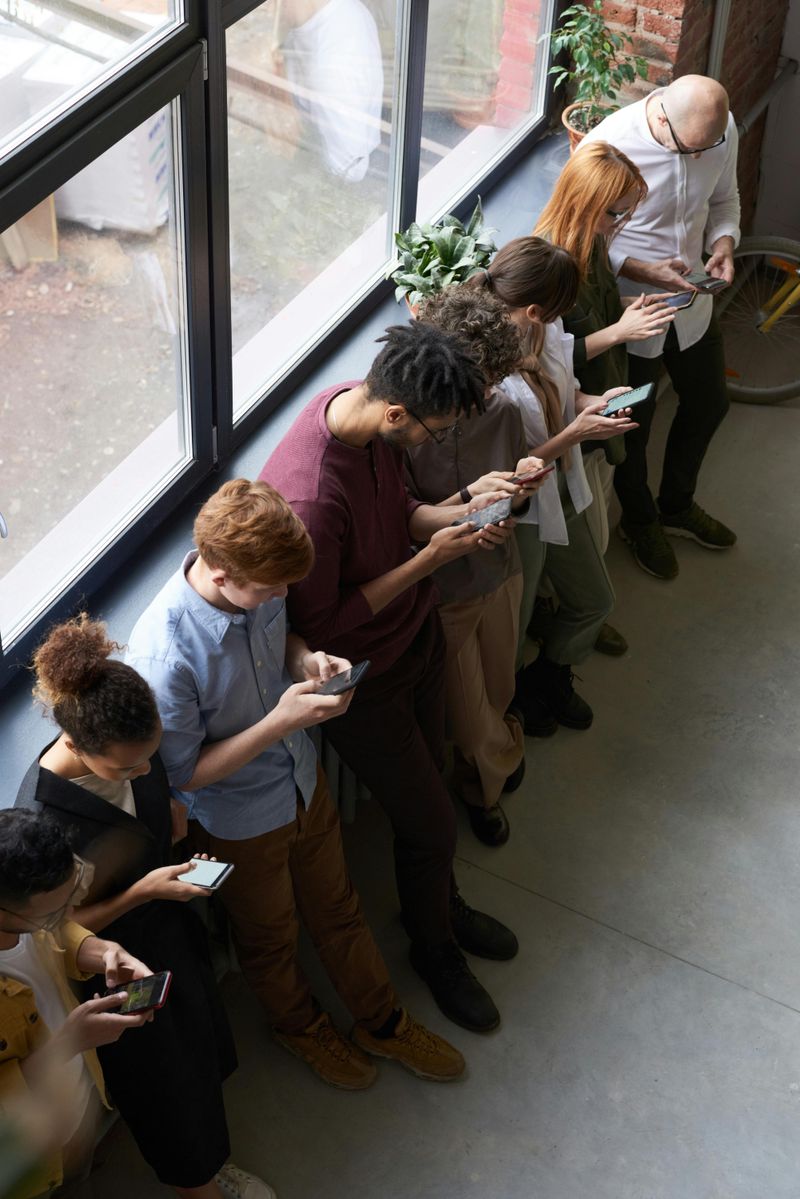
Headaches, burning eyes, and a stiff neck have become your new normal. Hunching over your phone for hours puts serious strain on your body. Tech neck is real, and so is digital eye strain. These physical symptoms are your body’s way of saying enough is enough.
Ignoring these warning signs leads to chronic problems. Your posture suffers, your vision blurs, and tension builds in muscles you didn’t know existed. Taking regular breaks from screens isn’t just good for your mind—it’s essential for your physical health. Listen to what your body is telling you.
9. Negativity Feels Inescapable

Doom-scrolling through terrible news stories and heated arguments has become a nightly ritual. Your feed feels like a constant stream of disasters, controversies, and rage-inducing content. This overexposure to negativity takes a real toll on your mental health, leaving you feeling hopeless and overwhelmed.
You can care about the world without drowning in its problems. Consuming endless bad news doesn’t make you more informed—it makes you exhausted. Setting limits on negative content helps protect your emotional energy. You’re allowed to step back and focus on things within your control.
10. Experiences Don’t Count Unless They’re Shared
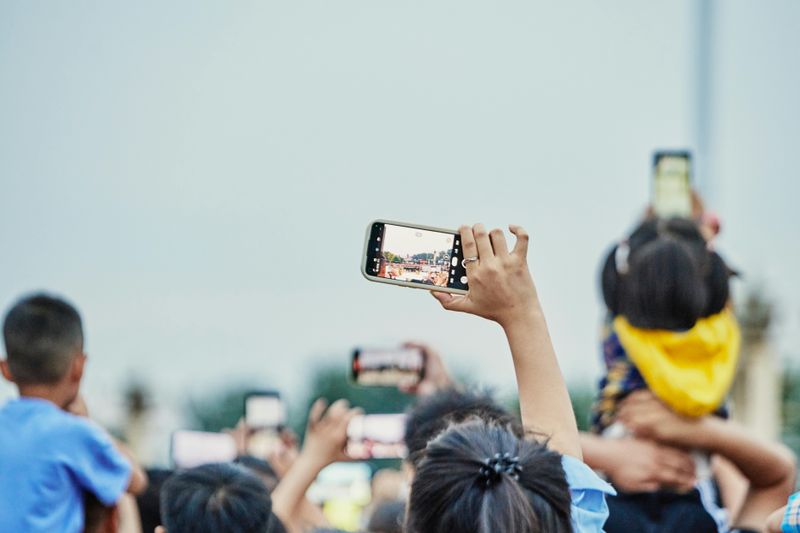
Did it even happen if you didn’t post about it? You’ve started choosing activities based on how they’ll look online rather than what you actually enjoy. The perfect photo becomes more important than the actual experience, and you miss beautiful moments while trying to capture them.
Living for the gram means you’re not really living at all. Memories shouldn’t exist solely to impress others. When you constantly document instead of participate, life becomes a performance rather than something to savor. Try experiencing something special without sharing it—you might be surprised how liberating it feels.
11. Notification Anxiety Is Real
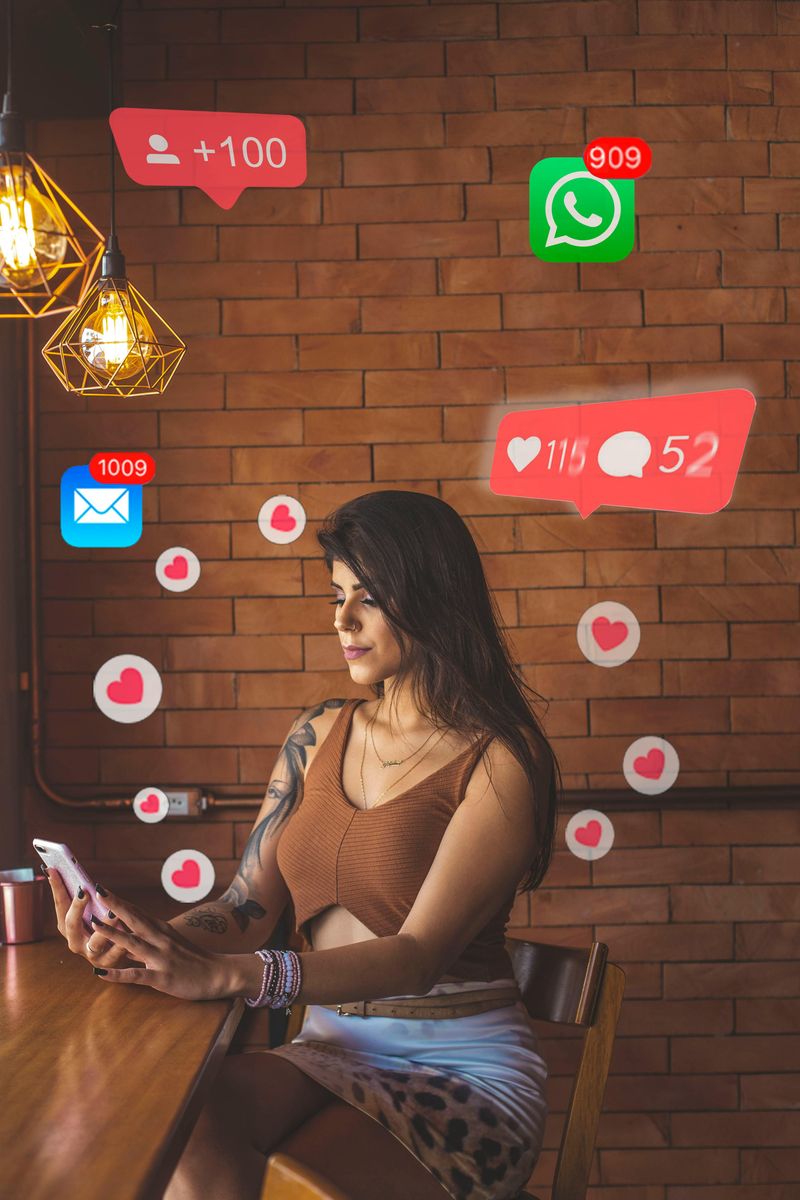
Every ping, buzz, and banner notification sends your stress levels soaring. You feel obligated to respond immediately, like you’re constantly on call for the entire internet. The fear of unanswered messages or missed updates creates a low-level anxiety that never quite goes away.
Your phone shouldn’t control your peace of mind. Constant interruptions fragment your attention and prevent you from being fully present anywhere. Turning off notifications or using do-not-disturb mode helps you reclaim control over your time and attention. You decide when to engage, not an algorithm designed to keep you hooked.

Comments
Loading…